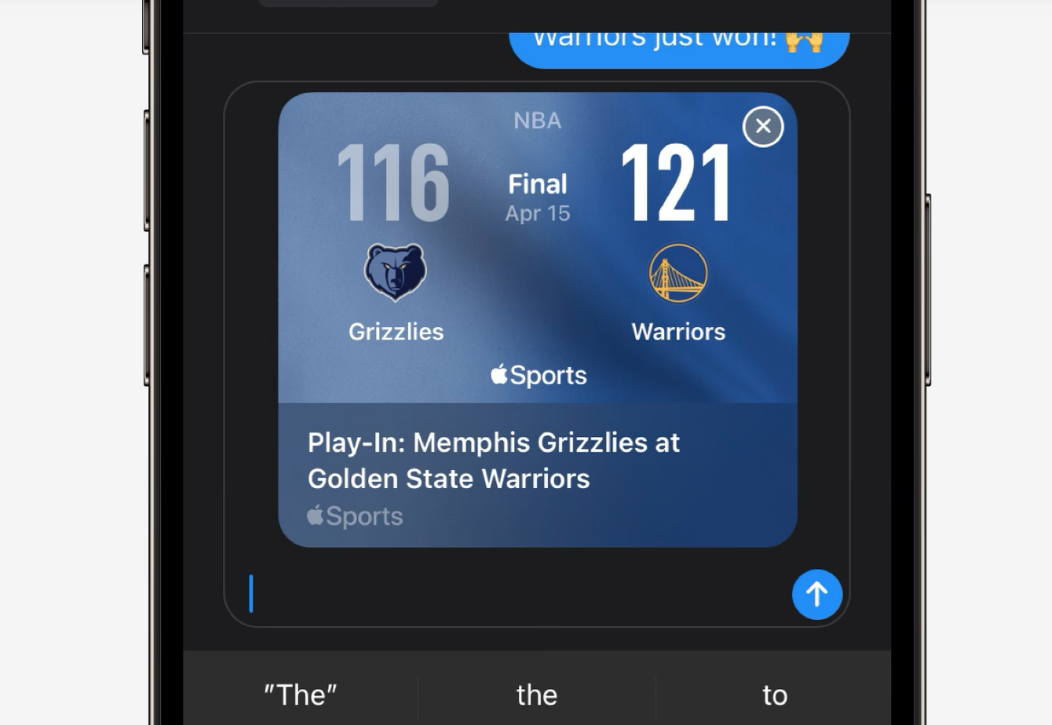In a recent development, ride-hailing giant Uber has taken legal action against its rival, DoorDash, filing a lawsuit that accuses the food delivery company of engaging in anti-competitive practices to stifle competition.
According to the lawsuit, which was filed in the Superior Court of California, Uber claims that DoorDash, the leading player in the US food delivery market, has been intimidating restaurant owners into signing exclusive agreements, thereby restricting their ability to work with other companies, including Uber. DoorDash allegedly threatens restaurants with hefty penalties or reduced visibility on its platform if they refuse to comply with these demands.
The lawsuit specifically alleges that DoorDash compels restaurants to enter into exclusive or near-exclusive agreements for first-party delivery services, where DoorDash would be the sole handler of orders placed through the restaurants’ own websites. This, Uber claims, is a clear attempt to limit competition and maintain its dominance in the market.
In response to the allegations, a DoorDash spokesperson has dismissed Uber’s claims, stating that the lawsuit has “no merit” and is based on Uber’s inability to offer a viable alternative to restaurants, consumers, and delivery workers.
Both DoorDash and Uber Eats operate popular apps that connect consumers with restaurants and gig economy workers, facilitating food delivery services. However, they also compete in the white-label delivery space, with Uber Direct and DoorDash Drive on-Demand, which enable restaurants to manage their own delivery services while leveraging the companies’ logistics and courier networks.
Uber’s lawsuit claims that DoorDash has used anti-competitive tactics to acquire over 90% of the largest restaurant chains in the US, handling their first-party deliveries. This, Uber argues, has resulted in restricted competition and higher costs for restaurants and consumers.
Sarfraz Maredia, head of Americas for delivery at Uber, stated that the company has received numerous complaints from restaurants about DoorDash’s coercive practices, which limit their freedom to choose the best delivery options for their businesses. Uber hopes that the lawsuit will put an end to these unfair practices and promote a more competitive market.
One notable example cited in the lawsuit involves a significant restaurant company that allegedly backed out of a planned rollout of Uber Direct due to DoorDash’s threats to increase rates for its third-party delivery services. Uber claims that multiple customers have reported feeling pressured by DoorDash, describing the company’s behavior as monopolistic and bullying.
Uber has requested a jury trial and is seeking damages, although the exact amount has not been specified. The company claims that DoorDash’s anti-competitive practices have resulted in significant revenue losses and hindered the growth of Uber Direct.
Source Link





